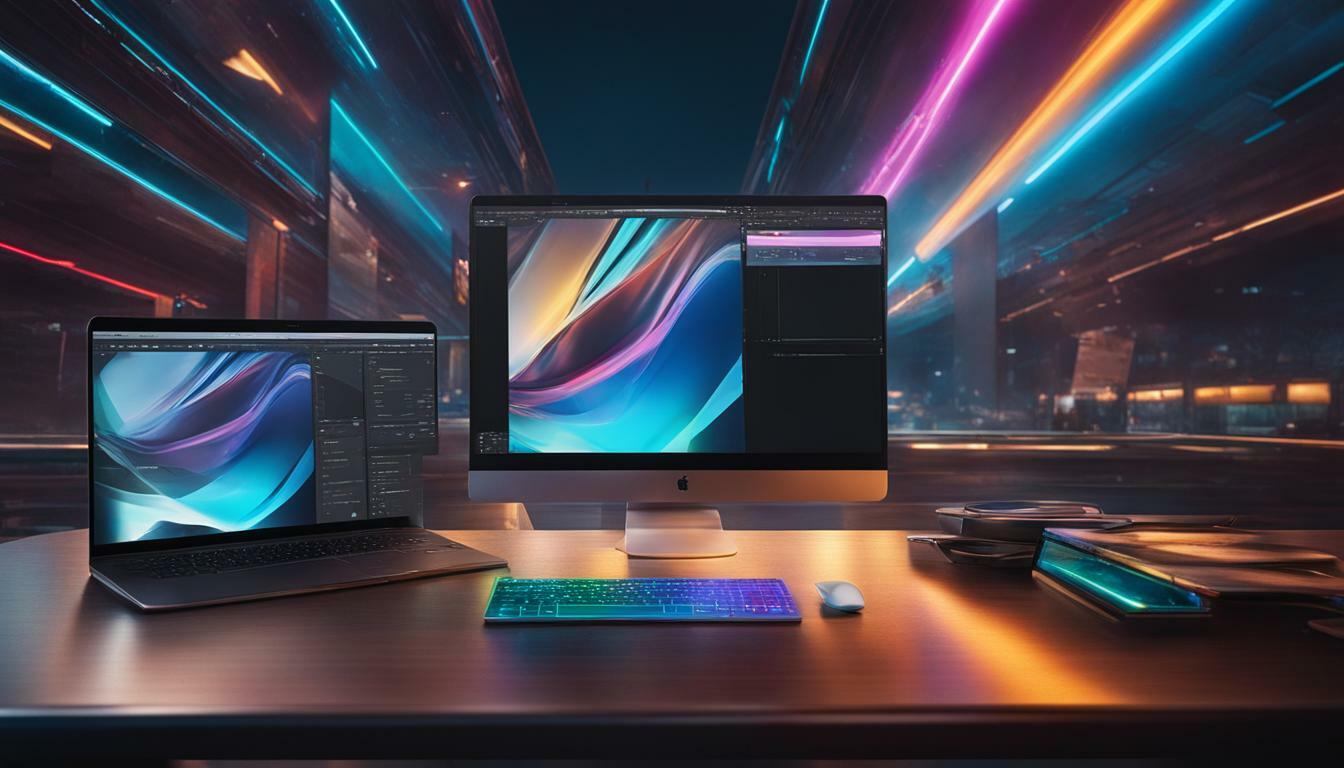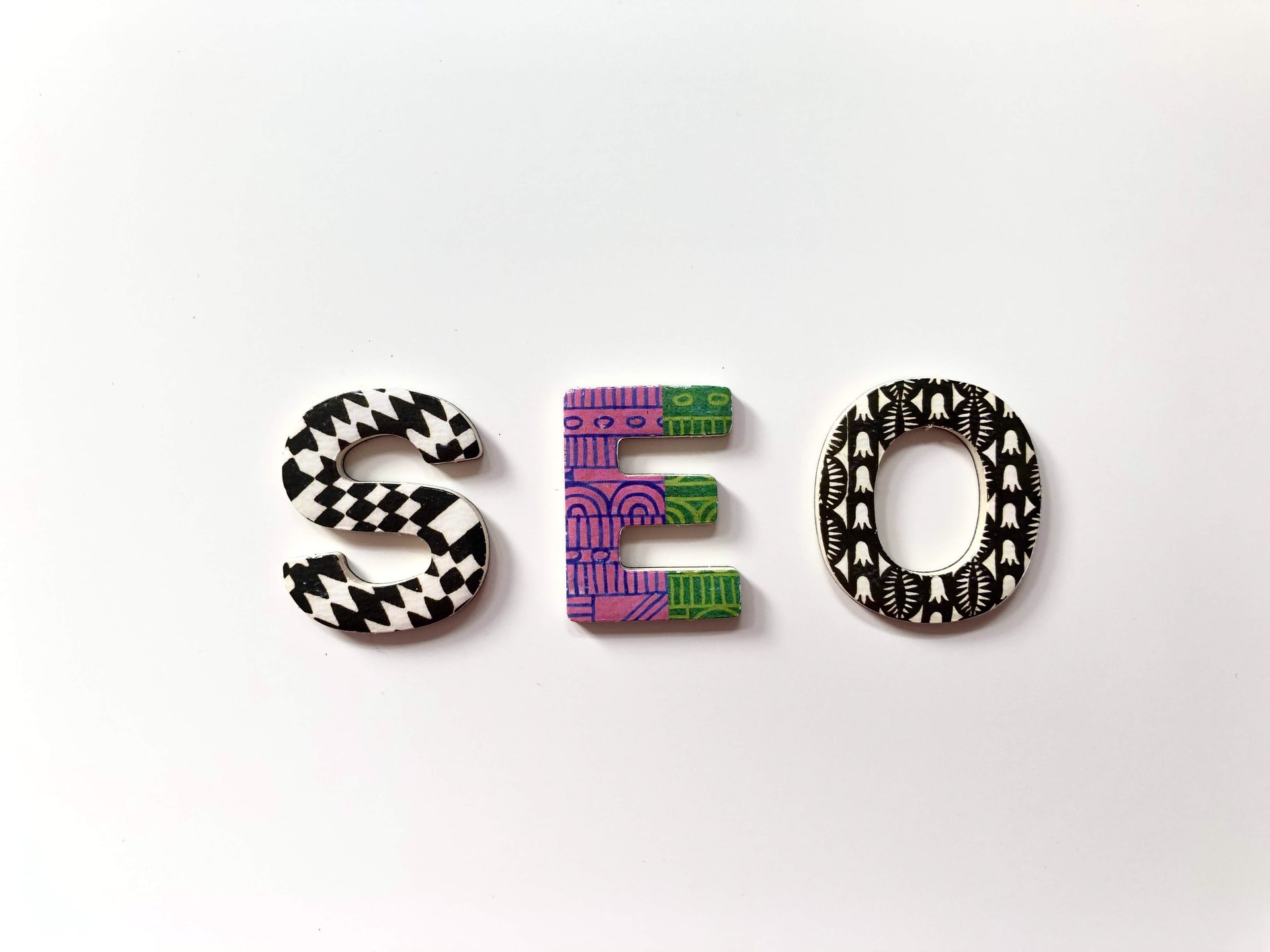In the ongoing debate between Photoshop Express and Lightroom, both programs offer great features and online editing tools. However, it is important to understand which program suits your specific photography needs better.
Picture this: you’ve just taken an amazing photo, but it needs a little editing magic to truly shine. You’ve heard about Adobe’s famous editing tools, but now you’re stuck in a dilemma — should you use Lightroom or Photoshop Express? Both are powerful, but which one is right for you?
Ready to dive into the ultimate showdown?
So, let’s get started.
Photoshop Express vs Lightroom
Here is a comprehensive comparison of Photoshop Express vs Lightroom in 2024:
Here’s a detailed comparison between Photoshop Express and Lightroom:
| Feature | Photoshop Express | Lightroom |
|---|---|---|
| 🖼️ Primary Use | Quick, on-the-go photo editing. | Professional photo editing and cataloging. |
| 📱 Platform | Mobile-focused (iOS, Android). | Desktop and Mobile (iOS, Android). |
| 🎨 Editing Capabilities | Basic adjustments, filters, and effects. | Advanced editing, color correction, and batch processing. |
| 💾 Storage | Limited cloud storage. | Extensive cloud storage with Adobe Creative Cloud. |
| 🔄 Syncing | Limited syncing capabilities. | Seamless syncing across devices. |
| 📚 Learning Curve | Easy, suitable for beginners. | Moderate to high, more features to master. |
| 🔗 Integration | Basic Adobe integration. | Full integration with Adobe Creative Cloud. |
| 💰 Pricing | Free with in-app purchases. | Subscription-based as part of Adobe Creative Cloud. |
Photoshop Express is more suited for quick edits and casual users, while Lightroom offers extensive features for professional users.
Overview of Lightroom and Photoshop Express
Before we get into the nitty-gritty, let’s establish what these tools are all about.
Lightroom is Adobe’s powerhouse for photographers. It’s all about advanced photo management, non-destructive editing, and precise color corrections. Lightroom’s primary focus is on professional-level editing and organization, making it perfect for photographers who shoot in bulk.
Photoshop Express, on the other hand, is Adobe’s lighter, more user-friendly version of Photoshop. It’s built for quick edits, simple retouching, and easy social media sharing. Photoshop Express doesn’t overwhelm with complicated tools, making it ideal for those who want to edit on the go without the steep learning curve.
Now, let’s break down their key differences in more detail.
Interface and Ease of Use: 🖥️
| Aspect | Lightroom | Photoshop Express |
|---|---|---|
| Interface | Complex, professional, tool-heavy | Simple, minimalistic, user-friendly |
| Learning Curve | Steep for beginners | Easy and intuitive |
| Customization | Highly customizable | Limited customization |
Lightroom’s interface is undeniably more complex. It’s packed with sliders, panels, and settings that might feel intimidating for beginners. However, once you get the hang of it, Lightroom offers incredible control over every detail of your image.
Photoshop Express, in contrast, is all about simplicity. The interface is clean, minimalistic, and designed with the casual user in mind. Want to tweak brightness, add a filter, and post your picture to Instagram in seconds? Photoshop Express has your back.
Verdict
If you’re a professional who loves having total control over every pixel, Lightroom’s interface will feel like home. But if you prefer quick, straightforward edits without the fuss, Photoshop Express is a clear winner.
Editing Features: 🛠️
| Aspect | Lightroom | Photoshop Express |
|---|---|---|
| Editing Tools | Advanced, non-destructive | Basic, destructive editing |
| Presets & Filters | Extensive range | Limited options |
| RAW Editing | Fully supported | Limited support |
Lightroom’s editing features are on another level. With advanced controls for exposure, white balance, tone curves, and HSL adjustments, it’s built for photographers who need precision. Its non-destructive editing means you can always revert back to your original image, no matter how many edits you make. Plus, it supports RAW files, allowing you to work with the highest quality images.
Photoshop Express is much simpler. It offers basic editing tools like cropping, red-eye removal, and blemish fixes. The filters are fun and trendy, but you won’t find the deep customization that Lightroom provides. Photoshop Express also uses destructive editing, meaning changes are permanent unless you manually save a backup.
Verdict
Lightroom takes the crown for editing power, offering tools that cater to professional photographers. However, Photoshop Express shines in ease and speed, making it perfect for quick edits and social media-ready images.
Photo Organization: 📂
| Aspect | Lightroom | Photoshop Express |
|---|---|---|
| Organization Tools | Extensive cataloging, tagging | Minimal organization features |
| Metadata Handling | Full support | Basic support |
| Search Capabilities | Advanced filtering, keywords | Limited search |
When it comes to photo organization, Lightroom is a beast. You can create catalogs, collections, and smart folders, tagging photos with keywords, stars, and flags. Lightroom’s organizational features make it easy to find specific shots from your vast library, a lifesaver for busy professionals. It’s not just about editing; it’s also about managing your entire photo workflow.
Photoshop Express, however, doesn’t prioritize organization. You’ll get basic options like a simple gallery view and minimal tagging, but it’s far from the comprehensive system Lightroom offers.
Verdict
Lightroom is the obvious choice for those who need detailed photo organization. Lightroom’s cataloging system is indispensable if your workflow involves handling thousands of images. Photoshop Express, meanwhile, suits those who edit a few pictures here and there and aren’t concerned with extensive photo management.
Sharing and Exporting: 🌐
| Aspect | Lightroom | Photoshop Express |
|---|---|---|
| Social Sharing | Limited, but professional | Instant sharing to social platforms |
| Export Options | Extensive, including RAW export | Limited formats, JPEG, PNG |
| Cloud Integration | Adobe Creative Cloud | Adobe Cloud, Google Photos |
Lightroom is geared more towards professionals, so its sharing capabilities are quite limited. While you can export directly to social media, Lightroom’s strength lies in its quality-focused export options, including TIFF, PSD, and RAW. It integrates smoothly with Adobe Creative Cloud, allowing seamless access across devices.
Photoshop Express excels in social sharing. With one click, you can send your edited images to Facebook, Instagram, or Twitter, making it a favorite among influencers and casual users alike.
However, the export options are pretty basic, mostly limited to JPEG and PNG formats.
Verdict
If quick social media sharing is a priority, Photoshop Express is your go-to. For professional-quality exports and extensive format options, Lightroom remains unbeatable.
Pricing: 💸
| Aspect | Lightroom | Photoshop Express |
|---|---|---|
| Cost | Subscription (starting at $9.99/month) | Free with optional in-app purchases |
| Value for Money | High for serious photographers | Great for casual users |
Let’s talk money. Lightroom is part of Adobe’s Creative Cloud, so you’ll need a subscription. Prices start at $9.99 monthly, including Lightroom and 1TB of cloud storage. For professionals who rely on the software daily, it’s a worthy investment.
Photoshop Express, however, is free! You can download it on mobile devices without spending a dime, though in-app purchases unlock premium features like extra filters and advanced healing tools.
Verdict
Photoshop Express is an unbeatable deal for those who are budget-conscious or only need basic editing features. Lightroom, though pricier, delivers unparalleled value for those serious about photography.
Key Takeaways:
- Photoshop Express is a mobile editing app for digital storytellers, while Lightroom is a comprehensive photo management and editing software for professional photographers.
- Both programs offer a range of editing tools, but Lightroom provides more advanced options for batch editing and RAW file processing.
- Lightroom is better suited for organizing and tracking images with its catalog system, while Photoshop works on the original file.
- The choice between the two programs ultimately depends on personal preferences and specific photography needs.
Workflow and Photo Management
Lightroom is a versatile program that makes uploading full-resolution images and syncing them to the cloud easy. It allows photographers to customize image import settings and offers advanced management features such as the ability to tag images with keywords and metadata for easy cataloging and organization.
Additionally, Lightroom utilizes Adobe Sensei, an AI technology, to recognize faces and elements within images, suggest relevant tags, and even perform autocorrections like whitening teeth or reducing red eye.
Photoshop Express, on the other hand, is a mobile app geared towards digital storytellers who need to edit and post images quickly. While it lacks Lightroom’s advanced management features, it offers a range of editing tools and special effects to enhance and customize photos. Adobe Sensei is also present in Photoshop Express, allowing for automatic adjustments and enhancements.
When it comes to photo organization, Lightroom is the clear winner. Its metadata and cataloging features make it easy to find specific images, even within large collections.
| Lightroom | Photoshop Express | |
|---|---|---|
| Image organization | Advanced metadata and cataloging features | Basic organization features |
| AI technology | Adobe Sensei for auto-tagging and autocorrections | Adobe Sensei for automatic adjustments and enhancements |
In conclusion, if you’re a professional photographer or looking for advanced image management features, Lightroom is the way to go. However, Photoshop Express is the perfect fit if you’re a digital storyteller constantly on the move and need a quick and easy editing app. Regardless of your choice, both programs integrate seamlessly with other Adobe apps and offer a range of editing tools to suit any photography workflow.
Editing and Special Effects
Both Photoshop Express and Lightroom offer a range of editing tools, although their focus and capabilities differ. Photoshop Express allows you to make tonal adjustments to exposure, contrast, shadows, and highlights using adjustment sliders. It also offers a variety of special effects like bokeh overlays, light leaks, raindrops, smoke, and borders to add creative elements to your photos.
Lightroom is the way to go if you’re looking for even more editing control. It offers advanced editing tools like HSL sliders for precise color adjustments, noise reduction, lens corrections, and selective adjustments using graduated filters and adjustment brushes. Lightroom also allows you to edit RAW images, providing more detail and flexibility regarding post-processing.
Both programs have strengths when it comes to adding special effects. Photoshop Express provides easy-to-use templates and filters perfect for social media sharing. It allows you to add text, create collages, generate scrapbooks, and create custom stickers. On the other hand, Lightroom offers more advanced options, like presets that can be customized to your liking.
You can also add bokeh overlays, light leaks, and other special effects to your photos, but with more control over the final result.
Whether you’re editing photos for personal use or professional purposes, both Photoshop Express and Lightroom have something to offer. It all comes down to your specific needs and preferences. Photoshop Express is the way to go if you’re looking for a quick and easy way to edit and share photos on social media. But if you need more advanced editing and organization tools for a professional workflow, then Lightroom is the better choice.
Tips and Tricks
- Experiment with different special effects to create unique and eye-catching photos.
- Use Lightroom’s HSL sliders to adjust specific colors in your photos.
- Create your own presets in Lightroom to save time and achieve a consistent look across multiple photos.
- Try using templates in Photoshop Express to create collages or scrapbooks quickly.
- Don’t be afraid to play around with different editing tools to find your own style and preferences.
Integration with Other Adobe Apps
Both Photoshop Express and Lightroom seamlessly integrate with other Adobe editing programs through Creative Cloud. This integration allows for importing and exporting images between Photoshop, Lightroom, and other Creative Cloud apps, enabling photographers to fine-tune, enhance, and modify their images using the various tools and features offered by different programs.
Lightroom, in particular, stands out for its ability to work seamlessly with other Adobe apps, such as Photoshop and Creative Cloud. Its advanced integration capabilities allow photographers to create a comprehensive editing workflow customized to their specific needs.
For instance, photographers can use Lightroom to process RAW files, apply non-destructive edits, and organize their images efficiently, while also using Photoshop for more complex editing tasks, such as compositing and image manipulation.
When it comes to integration, Photoshop also offers a lot of flexibility and options. It allows for importing and exporting images between different programs, making it easier to work on images across multiple platforms. With seamless integration between Photoshop and Lightroom, photographers can utilize the strengths of both programs to achieve the desired results.
Overall, the ability to work seamlessly with other Adobe apps is a major advantage for both Photoshop Express and Lightroom. This feature allows photographers to create a flexible and efficient editing workflow that can be customized to their specific needs and preferences.
Conclusion
When choosing between Photoshop Express and Lightroom, consider your specific needs. Photoshop Express is great for mobile users and social media, while Lightroom is for professional photographers who need robust editing and organization tools. Both programs offer robust editing tools, presets, and mobile and desktop apps. Ultimately, the choice depends on your specific needs and personal preferences as a photographer.
About Adobe
Adobe is a renowned software company that offers a wide range of creative solutions for professionals and enthusiasts alike. With its flagship product, Adobe Creative Cloud, Adobe has established itself as an industry leader in providing innovative and powerful software for various creative disciplines.
Adobe’s products include photo and video editing tools, graphic design software, document management solutions, and more. Creative professionals worldwide use their software, including photographers, designers, filmmakers, and web developers.
One of Adobe’s popular products for photographers is Lightroom. This comprehensive image management system allows photographers to upload, sync, and back up their photos to the cloud. Lightroom also uses AI technology to help organize and edit photos, making it a powerful tool for photographers of all levels.
Adobe also offers Photoshop Express, a mobile editing app great for quick edits and social media sharing. It offers features like templates, intelligent filters, and special effects. Lightroom and Photoshop Express can be used with other Adobe editing tools, making it easy to fine-tune and enhance your images.
The choice between Lightroom and Photoshop Express depends on your specific needs and preferences. Lightroom is better suited for photographers who want efficient editing and organization capabilities, while Photoshop Express offers more advanced editing options for those who require finer control over their images. Ultimately, both tools have their strengths and can be used together or separately depending on your workflow.
As a company, Adobe is committed to providing its users with the highest-quality software and services. It regularly updates its products to ensure they meet users’ needs and stay up-to-date with industry trends and standards. With its innovative software solutions, Adobe has helped countless creative professionals take their work to the next level.





